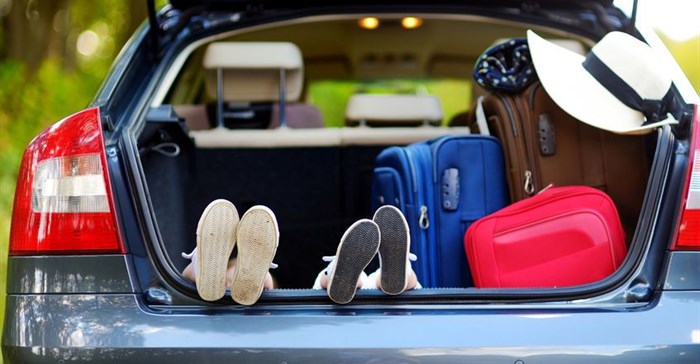Travel insurance, why its not a one-size-fits-all solution

{{imahe}}
With this in mind, Christelle Colman, managing director of Elite Risk Acceptances says that it is vital for South Africans who are planning a trip this holiday season to ensure that they are sufficiently covered. "Most people don’t give too much thought to their travel insurance requirements and simply assume that the standard cover provided by their credit card provider when purchasing their ticket will cover them when things go wrong."
Colman warns that many things can go wrong while travelling, from minor events to major events such as natural disasters, terror attacks or political instability. "However, some of the most common occurrences that are most likely to ruin your holiday include flights being cancelled, missing your flight, lost or stolen passports, lost luggage, illness or injury and mix-ups with accommodation. Anyone of these events can leave a vacationing family stranded in a foreign country and could cost them tens of thousands of rands."
She adds that every holiday has its own unique risks, depending on the destination and planned activities, so making sure all bases are covered by your policy is essential. "One of the most devastating things that can happen to a family on holiday after an unforeseen event is finding out that their travel policy does not cover their emergency."
Colman shares her travel insurance cover checklist, highlighting some important considerations that should be included in a comprehensive travel insurance policy.
Cover for the elderly
With the number of senior tourists increasing each year, it’s important to know whether your age is being taken into account. Where many travel policies have an age limit of 65, there are specialised policies that provide cover for travellers who are well into their seventies and beyond.
Trip cancellation or curtailment
If you are stranded in a foreign country because your flights are cancelled, it is important to know that your insurance policy will cover the cost of a new ticket, and possibly accommodation during the unexpected extended stay. It is also possible that you have to cut your trip short due to an emergency back home or a holiday-ending injury.
High-risk activities
If you plan to do sporty adrenalin fueled activities such as skiing, bungee jumping or paragliding, it’s crucial that you first find out whether your policy covers you in the event of injury. If not, find out whether there is an add-on that you can purchase to cover the extra risk and whether your insurer will assist you with your emergency evacuation and repatriate you back home if necessary.
Business and leisure travel
It often happens that travellers combine business with pleasure tagging a holiday on to the end of business trip. In cases such as these, there are travel insurers that offer both business and leisure travel cover under one policy ensuring seamless uninterrupted cover.
Value-added services
Added services can make a huge difference following an unforeseen event. An insurance package that offers value-adds such as telephonic medical advice, foreign translation services in a medical emergency and delivery of essential medicine if your luggage is lost, should be at the top of your list.
What to do in an emergency
Lastly, and most importantly, you need to know what your travel insurer expects from you in an emergency.
While thinking about calling a contact centre is often the furthest thing from your mind when you find yourself in the midst of an emergency, knowing what is expected from you is crucial, or you may find your insurer refusing to reimburse you for emergency expenses paid.
Understanding your potential risks, making sure your cover matches your needs and familiarising yourself with the steps to follow in an emergency, are all vital to ensure peace of mind while on holiday," concludes Colman.